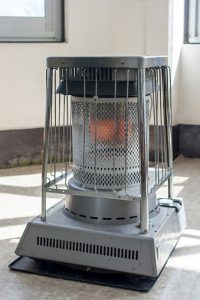
That dreaded time of year is here, it is cold season. In the United States, this season starts around September and typically lasts until March or April.
Chances are like many, you may catch a cold. If you do, you may display symptoms that include sneezing, scratchy or sore throat, runny or stuffy nose, coughing, congestion or a low-grade fever. These symptoms are normal but can worsen when left untreated and may cause serious illnesses such as bronchitis or pneumonia to develop.
It is important to know when your condition is worsening. There are several signs that can help you to recognize when your common cold has become something more.
Here are some symptoms of bronchitis to look out for:
- A cold that persists for two weeks or more
- Shortness of breath or wheezing
- Coughs that produce thick clear, white, green or yellow mucous or blood
- Rapid breathing
- Soreness of the chest
Pneumonia can develop after having a serious cold or flu. Symptoms can be mild or severe depending on factors such as age and your state of health. The symptoms of pneumonia can include:
- Violent coughing spasms that produce very little mucous
- Coughs with bloody or yellow or greenish mucous
- Fever
- Sharp or stabbing chest pain when you breathe deeply or cough
- Loss of appetite
- Fatigue
- Clammy skin or excessive sweating
- Chills
- Muscle aches
If your cold persists longer than two weeks and you are experiencing these symptoms, it is important that you contact your doctor as soon as possible. In severe cases, pneumonia can be life threatening.
To schedule an appointment with a physician at Jamaica Hospital Medical Center, please call 718-206-7001.
All content of this newsletter is intended for general information purposes only and is not intended or implied to be a substitute for professional medical advice, diagnosis or treatment. Please consult a medical professional before adopting any of the suggestions on this page. You must never disregard professional medical advice or delay seeking medical treatment based upon any content of this newsletter. PROMPTLY CONSULT YOUR PHYSICIAN OR CALL 911 IF YOU BELIEVE YOU HAVE A MEDICAL EMERGENCY.









